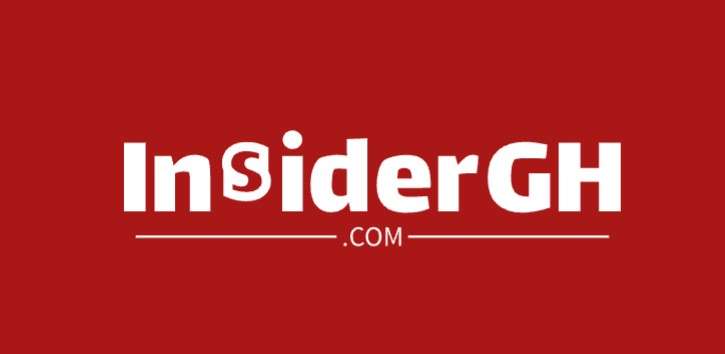The chief executive of OpenAI, Sam Altman, faced questions about Artificial Intelligence (AI) at a hearing in the US Senate.
The company created the app ChatGPT, which can write essays, scripts, poems, and solve computer coding in a human-like way.
Altman told the US Senate his industry needs to be regulated by the government as AI becomes ‘increasingly powerful’.
Politicians were searching for answers on the potential threats AI poses and raised fears over the 2024 election.
Several experts including Dr Geoffrey Hinton, the so-called godfather of AI, have recently raised concerns about the fast-developing technology.
Blumenthal speaks to press after hearing
Speaking to reporters after the hearing, Senator Blumenthal says Sam Altman “seems to be pretty sincere”.
He stressed that “Congress cannot be the gatekeeper” of regulating AI.
When asked about the regulatory agency that was discussed several times throughout the hearing, the chair said it needs to be broader than just AI.
“The Federal Trade Commission (FTC) doesn’t have the capability right now” to regulate AI, he says. So someone else needs to do it, he concedes.
Altman says copyright model coming for art
Tom Gerken
Technology reporter
Outside of ChatGPT, OpenAI is also responsible for incredibly sharable technology that creates images from words.
Dall-E 2 is an AI image generator. The name combines painter Salvador Dali and Pixar character Wall-E.
When Microsoft acquired a large stake in OpenAI, it began using the tool as the basis for Bing’s own image creation platform.
Dall-E 2 is just one of many image creation tools out there, including rivals Stable Diffusion and Midjourney – the latter of which boasting the most popular Discord server in the world with 15 million members.
But some have criticised the rise of AI art, fearing it will put digital artists out of business and criticising the fact that these models only function by first analysing digital art which currently exists – raising ethical questions around copyright.
Others have praised it, saying that AI art is actually creating jobs by allowing people to create things they previously would not have been capable of making.
Sam Altman told the committee today that OpenAI is working on a copyright system to compensate artists whose art was used to create something new.
“Creators deserve control,” he said.
Altman also said he believed regulation should demand images state when they have been generated by AI.
But several senators asked if the company was doing enough, and one questioned why OpenAI couldn’t implement such a thing immediately.
Key moments from the hearing
The manner in which artificial intelligence is being used and how it can be regulated were the key focus of today’s hearing.
Here are some key moments we heard:
- Richard Blumenthal, chairman of the Senate subcommittee on privacy, played a statement manipulated to sound like him by AI as he opened on the potential harms of the technology
- OpenAI CEO Sam Altman said that AI has the potential to solve “humanity’s biggest challenges, like climate change and curing cancer”
- Altman and his fellow witnesses agreed that government regulation is “crucial” to the future of the industry
- AI-skeptic professor Gary Marcus said the US and others had “acted too slowly with social media” regulation but has choices to make right now regarding AI
- Marcus proposed a new cabinet-level agency to regulate the sector, an idea that Altman also appeared to back
- Altman said AI advancements will impact the workforce significantly but current models remain “a tool, not a creature”
- Asked about AI’s impact on music, Altman said that content creators should have a say in how their voices, likenesses or copyrighted content are used to train AI models
- Christina Montgomery, IBM’s chief privacy and trust officer, said the EU’s rules on AI are “regulating by context” and provide a good lead for the US to follow
- Blumenthal said AI companies should lead with a “do no harm” approach but conceded there would be no pause in AI development until regulators can catch up











































